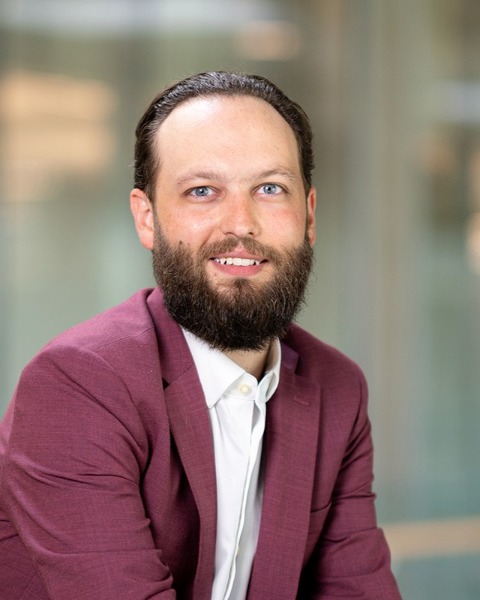Paper Presentation
Research Ethics and Social Sciences
Session: Trust in AI Research
Voices of the Past: Voice AI's Role in Deciphering Medical Histories from Departed Kin
Thursday, September 19, 2024
10:45 AM – 11:45 AM CT
Location: Jeffersonian Knickerbocker (Second Floor)
Keywords: Voice AI, posthumous data usage
Abstract: Envision a scenario where the lingering voices of our departed kin serve a purpose beyond storytelling, acting as keys to unveil unknown aspects of our family medical history. This intriguing concept, far from being science fiction, is on the verge of becoming a tangible reality through the application of voiceAI technology. Vocal and speech digital biomarkers can be used to diagnose, predict, and monitor a large range of conditions (Alzheimer, Parkinson, mood and cardiological conditions to name, but a few).
While these developments are underway, it is appropriate to ask some anticipatory questions about the uses to which they may be put. Why not consider using voiceAI on voice recordings of the deceased (that can be obtained on social media or in family archives) to fill in the gaps in our family histories? Since voiceAI can help predict conditions, whose clinical symptoms have not appeared, why not use it to find out if our deceased relatives had undiagnosed Alzheimer’s, bipolar disorder, or high blood pressure?
This talk explores the ethical, legal, and social implications of using posthumous voice recordings. The usefulness of such insights is undeniable, yet it raises profound ethical considerations, particularly concerning the consent and privacy of those who have passed away. We seek to delve into dilemmas such as the legal permissibility of obtaining consent posthumously and the ethical stewardship of these audio legacies. This talk meanders through the nascent field of digital afterlives, where existing statutes are often silent/ambiguous, including on voice recordings for health purposes.
While these developments are underway, it is appropriate to ask some anticipatory questions about the uses to which they may be put. Why not consider using voiceAI on voice recordings of the deceased (that can be obtained on social media or in family archives) to fill in the gaps in our family histories? Since voiceAI can help predict conditions, whose clinical symptoms have not appeared, why not use it to find out if our deceased relatives had undiagnosed Alzheimer’s, bipolar disorder, or high blood pressure?
This talk explores the ethical, legal, and social implications of using posthumous voice recordings. The usefulness of such insights is undeniable, yet it raises profound ethical considerations, particularly concerning the consent and privacy of those who have passed away. We seek to delve into dilemmas such as the legal permissibility of obtaining consent posthumously and the ethical stewardship of these audio legacies. This talk meanders through the nascent field of digital afterlives, where existing statutes are often silent/ambiguous, including on voice recordings for health purposes.
Learning Objectives:
After participating in this conference, attendees should be able to:
- Participants will explore the ethical dimensions of using deceased individuals' voice recordings for health insights, focusing on consent, privacy, and respectful data treatment.
- The session will outline existing legal frameworks and challenges related to posthumous digital data use, emphasizing the need for clarity and adaptation to support VoiceAI applications in healthcare.
- Attendees will assess VoiceAI's role in detecting diagnosed and undiagnosed conditions through voice/speech analysis of the deceased, considering its benefits and limitations in improving family health management.
Hortense Gallois – Faculty of Health Sciences – Simon Fraser University; Yael Bensoussan – University of South Florida

Jean-Christophe Bélisle-Pipon, PhD (he/him/his)
Assistant Professor in Health Ethics
Simon Fraser University
Burnaby, British Columbia
